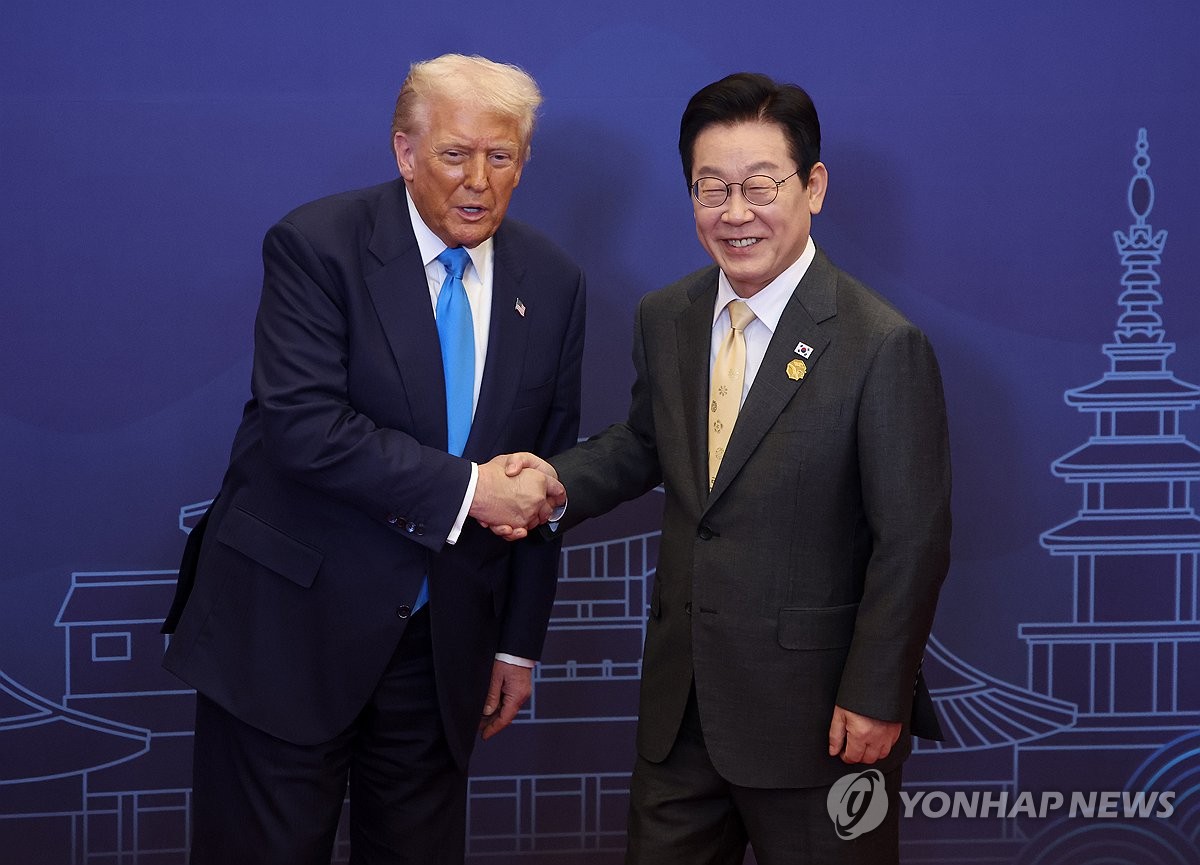Instead of immediate condemnation, a"principled approach" appears to be considering Xi Jinping's state visit to South Korea and the South Korea-China summit.

(Beijing = Yonhap News) Correspondent Jeong Seong-jo = Regarding President Lee Jae-myung's request for permission to build a nuclear-powered submarine at the South Korea-U.S. summit and U.S. President Donald Trump's approval of this, China expressed its principled position that both South Korea and the U.S. must fulfill their obligations to prevent nuclear proliferation.
Chinese Foreign Ministry spokesperson Guo Jiaqun said in a regular briefing on the 30th,"China hopes that South Korea and the United States will substantively fulfill their nuclear non-proliferation obligations and promote regional peace and stability, and not do the opposite."
Spokesperson Guo added,"I would like to emphasize that China has followed the path of peaceful development, pursued a defensive national defense policy and a good-neighborly foreign policy, and has always been a strong pillar in safeguarding regional peace and stability."
Earlier, President Lee Jae-myung said at the South Korea-U.S. summit held the previous day that"diesel submarines have limited diving capabilities, so tracking activities against North Korean or Chinese submarines is limited," and that South Korea needs nuclear-powered submarines to reduce the burden on the U.S. military.
To develop and operate a nuclear-powered submarine, it is necessary to secure a small nuclear reactor and enriched uranium fuel, and for South Korea, which is not a nuclear power, to secure these, the consent of the United States is essential.
Afterwards, President Trump posted on the social media platform Truth Social that day, expressing his approval, saying,"The ROK-US military alliance is stronger than ever."
In relation to this, from China's perspective, there is an analysis that Australia is likely to increase its vigilance if South Korea, which is geographically much closer, also possesses nuclear-powered submarines, given that Australia is accelerating the introduction of nuclear-powered submarines in cooperation with the United States, keeping in mind China's maritime expansion.
The South Korean presidential office has stepped forward to clarify that the president's mention of"China" while declaring the need for nuclear-powered submarines did not refer to a specific country's submarines, but there are also observations that China may not be pleased with this.
However, instead of criticizing South Korea and the United States, the Chinese Foreign Ministry first put forward a"principled theory" and used euphemisms such as "we hope," and when President Lee mentioned China, it emphasized that its country was not a threat.
Some interpret this as China's intention to first listen to South Korea's explanation, rather than creating an awkward atmosphere between South Korea and China ahead of President Xi Jinping's state visit to South Korea, the first in 11 years, and the summit with President Lee on the 1st of next month, amid the recovery of South Korea-China relations.
Related News
- [ROK-US Summit] Officialization of Nuclear Submarine Acquisition… Momentum Gains Based on Trump's Support (Comprehensive)
- [ROK-US Summit] Surprise Declaration of Nuclear Submarine Acquisition… Impact on ROK-China Relations
- "Korea's Possession of Nuclear-Powered Submarines Has Been a Long-Awaited Desire of Past Administrations… Concerns of Provoking China" Trump: "South Korea Approves Construction of Nuclear-Powered Submarines… Strengthens ROK-US Military Alliance"
- The Office of the President: "Trump Welcomes 'Approval of Nuclear-Powered Submarines'… Close Cooperation with the US"

